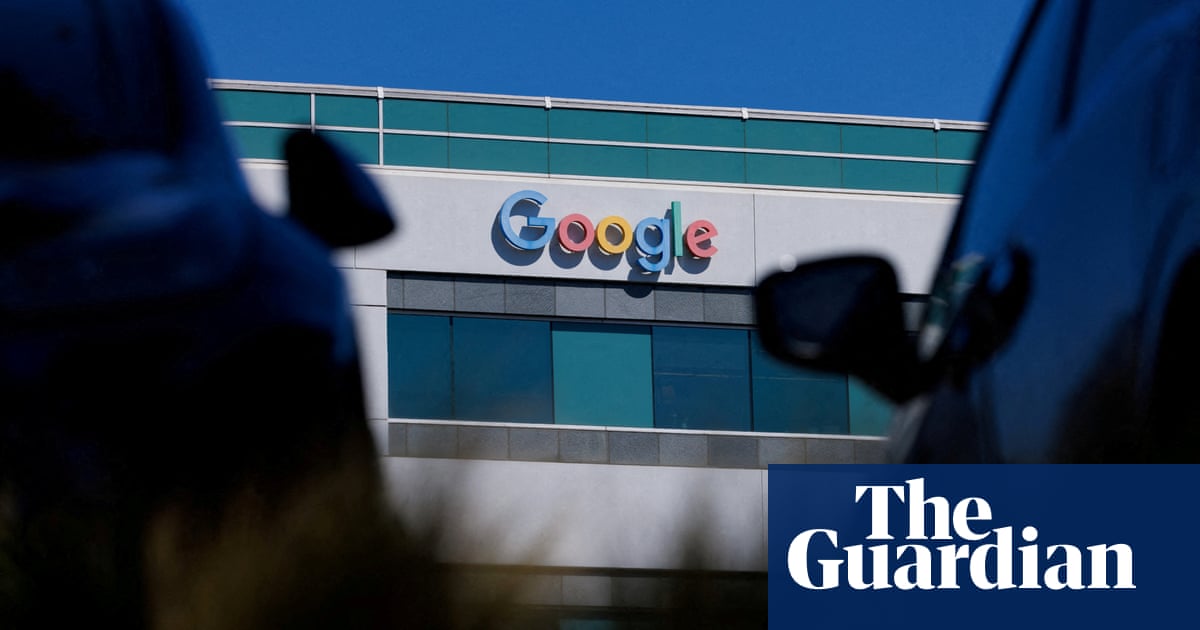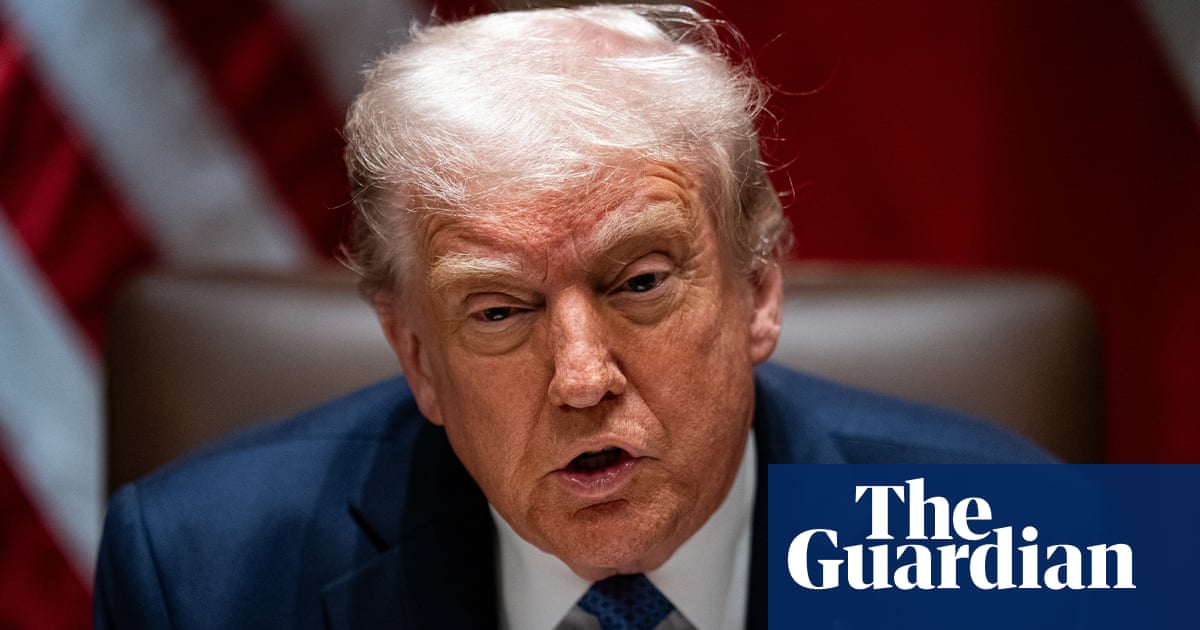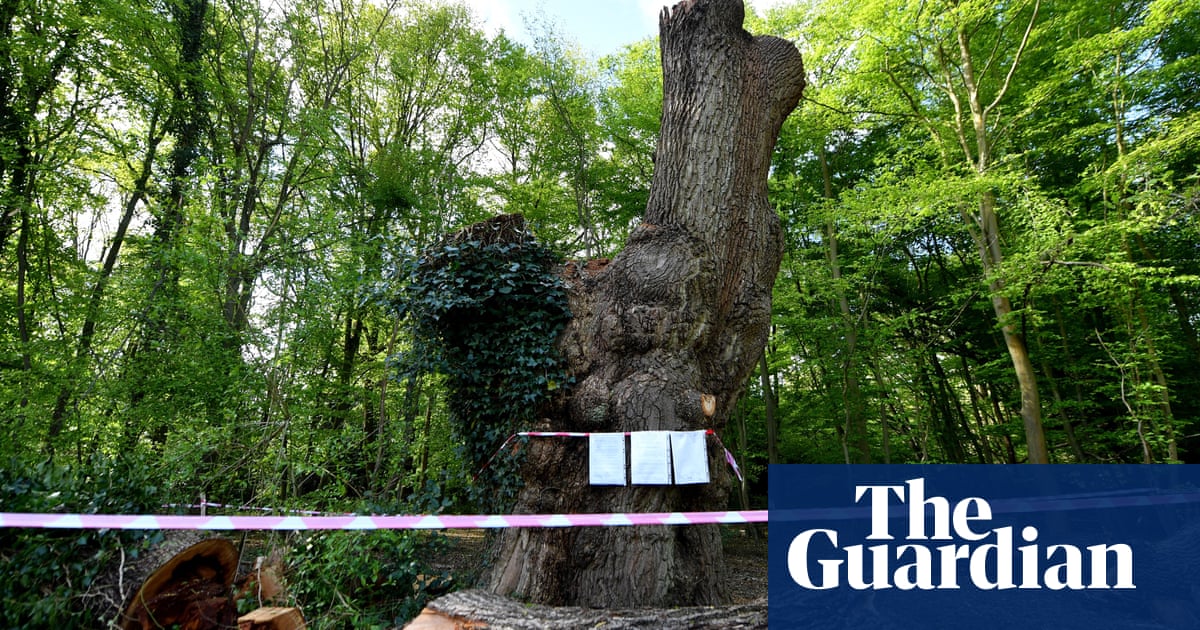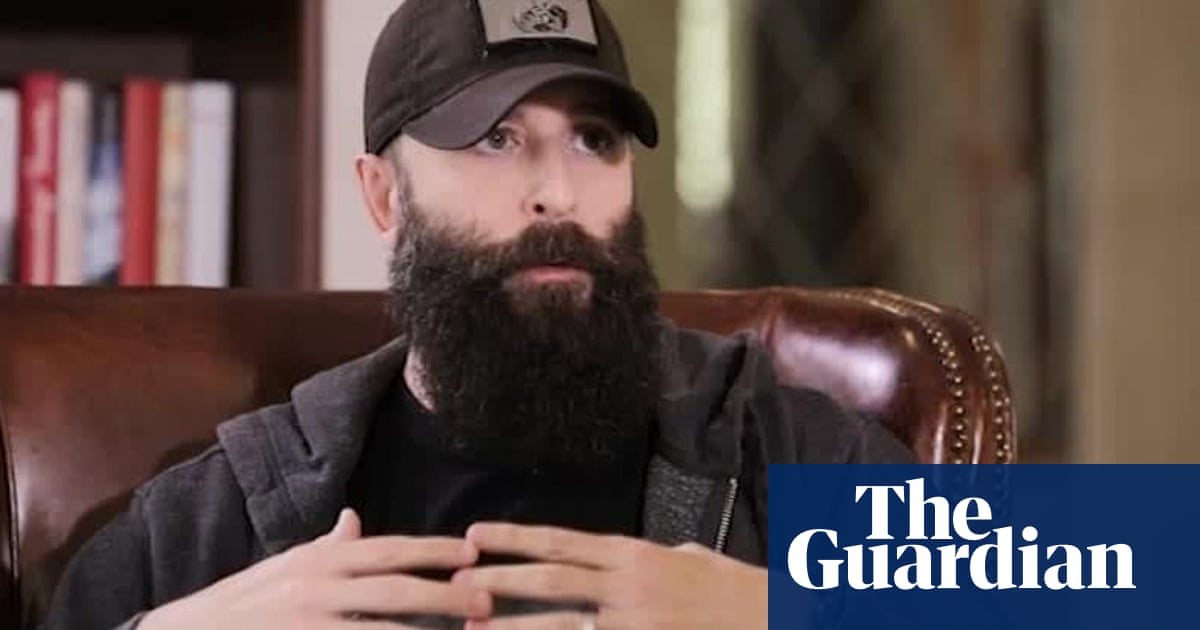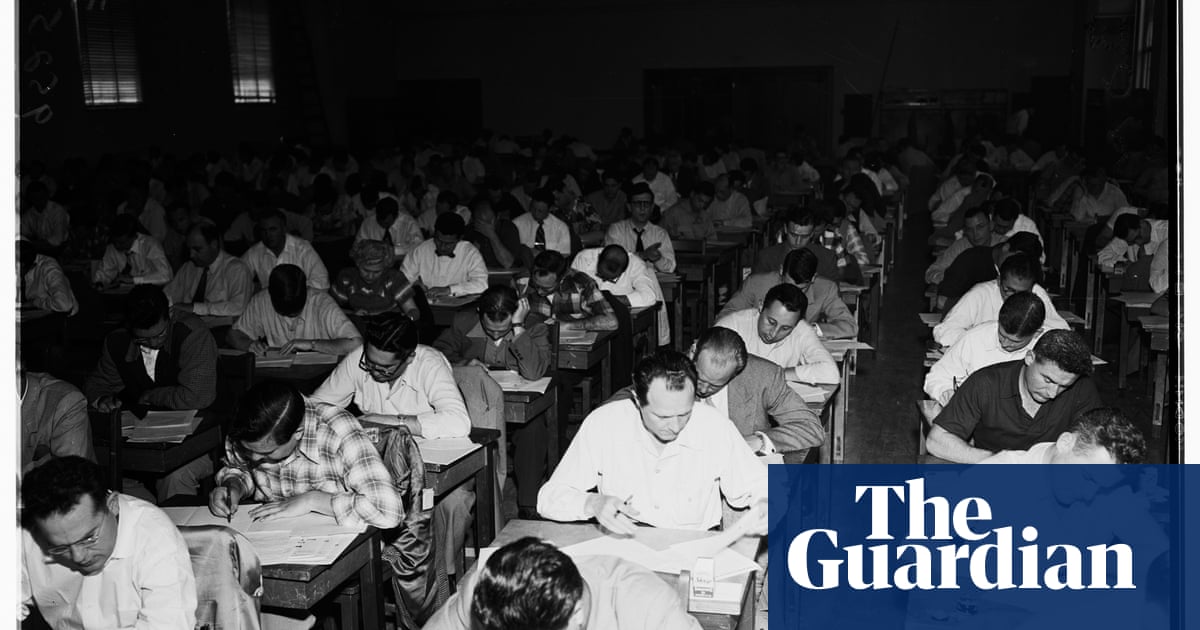Hundreds of millions of federal grant dollars meant to prevent and respond to gun violence, opioid addiction and support victims of violent crimes were cut this week by the Trump administration. The US department of justice emailed more than 350 organizations on Tuesday to tell them that the promised funding was being terminated. According to a termination notice shared with the Guardian, the Department of Justice said the money was rescinded because it “no longer effectuates Department priorities”.
Instead, the department intends to focus on “more directly supporting certain law enforcement operations, combatting violent crime, protecting American children, and supporting American victims of trafficking and sexual assault, and better coordinating law enforcement efforts at all levels of government”, the notice read.
“It was a bit like a slap in the face,” said Renée Williams, CEO of the National Center for Victims of Crime, which lost three grants, including one for a victim’s hotline, that the justice department had been funding for 10 years. The hotline shut down this Friday.
“We serve 16,000 people a year and there are other hotlines being shut down. When you see how many victims will be shut out from services, it’s terrifying.”
The funding had come through the Office of justice programs (OJP), the justice department’s grant-making apparatus. Many of the grants were cut off in the middle of their funding cycles, throwing staffing and the survival of vital programs into jeopardy. The legality of these funding cuts is unclear and organizations across the country said they will be filing appeals and lawsuits to get the promised funds back.
A spokesperson for the justice department said that the office would be focused on “prosecuting criminals, getting illegal drugs off of the streets, and protecting American institutions from toxic DEI and sanctuary city policies. Discretionary funds that are no longer aligned with the administration’s priorities are subject to review and reallocation”.
The full tally of the rescinded funds is unclear, but the cuts come at a critical moment for community-based violence prevention, a field whose funding was super-charged during the Biden administration through the Bipartisan Safer Communities Act, and whose work has been credited with the recent drop in homicides throughout the US.
“We got that letter and couldn’t believe it at first. It’s frustrating, it’s disorienting and we know that this is a strategy that’s meant to keep us off balance,” said Joseph Griffin, executive director of Youth Alive, a more than 30-year-old Oakland-based violence prevention and intervention program.
Youth Alive was more than one year into a three-year $2m grant from the justice department’s community based violence intervention and prevention initiative (CVIPI), which was formed in 2022 to support groups working in rural and urban communities struggling to address violence.
Youth Alive, which also gets financial support from philanthropic donors, was planning to use the $2m to find ways that the healthcare agencies can support victims of violence, and evaluate its hospital-based violence intervention program, which dispatches staff to the bedsides of people who’ve been shot, as well as its broader violence interruption strategy. The loss of federal support follows a decrease in homicides in Oakland in 2024.
“What does violence prevention work look like without the federal government? These cuts are forcing us to come to terms with that,” Griffin said, noting that the cuts come just before summer, a season when gun violence tends to tick up. “How do we not get knocked off of our footing and figure out how to keep showing up in our community?”
Since the creation of the CVIPI, more than $300m has been dispersed to groups such as Youth Alive that are led by people who live in areas with high concentrations of shootings, according to a former Biden administration official. Although it represents a small portion of the more than $4bn in grants the justice departmentawards annually, lawmakers and police partly attribute these programs this funding supports with the reduction in homicides in cities across the US.
“There’s a seismic shift happening that’s going to result in [violence prevention workers] being unemployed and more people being shot and hurt,” said Adam Rosenberg, executive director of Center for hope, a Baltimore-based group that provides prevention and healing services for children who’ve been the witnesses or victims of gun violence.
The group lost $1.2m of a $2m grant that will impact at least seven staff members who worked directly with people impacted by violence. The grant money was intended to train staff and prevent shootings that begin on social media and spill onto the streets.
Center for Hope also runs six of the city’s 10 Safe Street sites, which operate in the pockets of Baltimore that see the most shootings. Between 2023 and 2024, four of the sites run by center for hope saw zero homicides, according to Rosenberg. In that same timeframe, the number of homicides in the city decreased by 34% between 2023 and 2024, mayor Brandon Scott said in a post on X on 3 February.
“The biggest result of this: Victims not having resources,” Rosenberg said. “At its most catastrophic, we increase the risk of people dying, which is hard, especially when we turned the tide. We were winning.”
The Department of Justice did not respond to the Guardian’s request for comment.

 4 hours ago
5
4 hours ago
5




